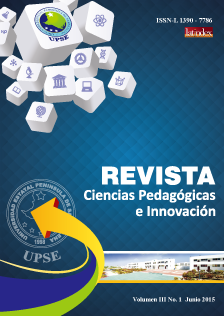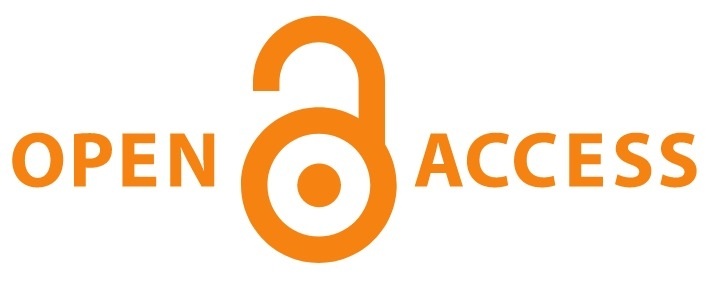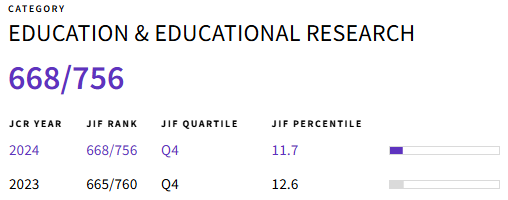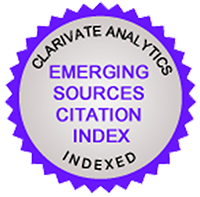Sistema de gestión para mejorar la competitividad turística de un destino.
DOI:
https://doi.org/10.26423/rcpi.v3i1.23Palabras clave:
gestión de destino, sostenibilidad, competitividad, componentesResumen
Vista la actividad turística como una fuente valiosa de dinamización económica, los destinos turísticos hacen esfuerzos por mantener, mejorar y proyectar los servicios y productos como elementos principales para exponer en los mercados demandantes. Para tales efectos, estos espacios geográficos consolidados y todos aquellos que están en este proceso vienen implementando un sistema de gestión de destino (SGD) que responda a los cambios y exigencias constantes de los mercados, que guie el accionar y permita dinamizar, posesionar y lograr competitividad. El presente artículo resalta los componentes que conforman un sistema de gestión turística de un destino y señala los diferentes modelos de administración aplicables a destinos en desarrollo.
Descargas
Referencias
VALLS, J. Las claves del mercado turístico: Como competir en el nuevo entorno. Bilbao (2004).
ANTÓN, C. Planificación y gestión de destinos turísticos Turísticos. Modulo Virtual del Instituto Universitario de Posgrado IUP_ Grupo Santillana. Madrid (2010).
VELASCO GONZALES María. Gestión de destinos: ¿Gobernabilidad del turismo o gobernanza del destino? Universidad Complutense. Plan nacional de I+D+I (2004-2007)
HASSAN, S. Determinants of market competitiveness in a environmentally sustainable tourism industry. Journal of travel research (2002).
BIGNE, A. Marketing de destinos: análisis y estrategias de desarrollo. Madrid. (2000).
BOULLON, R. Planificación de espacios turísticos. Editorial Trillas. México (1990).
GÁNDARA, J. Gestión de destinos turísticos: un enfoque global de la gestión de los destinos turísticos. Obtenido de www.slideshare.net/MRAUSTIN/definición-de-destino-turístico (2010).
MALDONADO, T. (2008). Herramientas de gestión para los destinos. Obtenido de http://tirsomaldonado.wordpress.com/2008/08/12/sistema-de-gestion-de-destinos/ (2008).
COHEN, W. El plan de Marketing. Book print Digital. Bilbao (2008).
GRUBER, T. Toward principles for the desing of antologies use for knowledge sharing. Stanfor university: knowledge systems laboratory (1993).
BUHALIS, D. Strategic use of information technologies in the tourism industry. Tourism Management (1998).
DEJUAN, J. La comercialización del turismo sostenible. IEPALA. Madrid (2002).
GARCIA, I. Gestión de la relación con los clientes. Madrid- España (2001).
FONDO DE PROMOCIÓN TURÍSTICA DE COLOMBIA (FPTC). http://www.mincit.gov.co/minturismo/publicaciones.php?id=10751 (2013).
MUFFELER, P. Gestión integral de destino turístico. Arica: Corporación de desarrollo de Arica (2006).
OTERO, A. Desarrollo turístico de centros de montaña en los Andes Patagónicos. La Habana: Universitaria (1998).
ACERENZA, M. Competitividad de los destinos turísticos. Editorial Trillas. México (2009).
ORGANIZACIÓN MUNDIAL DE TURISMO (OMT). Estructura organizacional para la conducción de destinos turísticos (2007).
FEDERACIÓN ESPAÑOLA DE MUNICIPIOS Y PROVINCIAS 2008. Modelo de gestión turística local principios y practicas Madrid España. ROS Development & planing SL.
COMISIÓN REGIONAL DE COMPETITIVIDAD DE BOGOTA Y CUNDINAMARCA CRC. Febrero del 2009.
Descargas
Publicado
Número
Sección
Licencia
El titular de los derechos de autor de la obra, otorga derechos de uso a los lectores mediante la licencia Creative Commons Atribución-NoComercial-CompartirIgual 4.0 Internacional. Esto permite el acceso gratuito inmediato a la obra y permite a cualquier usuario leer, descargar, copiar, distribuir, imprimir, buscar o vincular a los textos completos de los artículos, rastrearlos para su indexación, pasarlos como datos al software o usarlos para cualquier otro propósito legal.
Cuando la obra es aprobada y aceptada para su publicación, los autores conservan los derechos de autor sin restricciones, cediendo únicamente los derechos de reproducción, distribución para su explotación en formato de papel, así como en cualquier otro soporte magnético, óptico y digital.

















